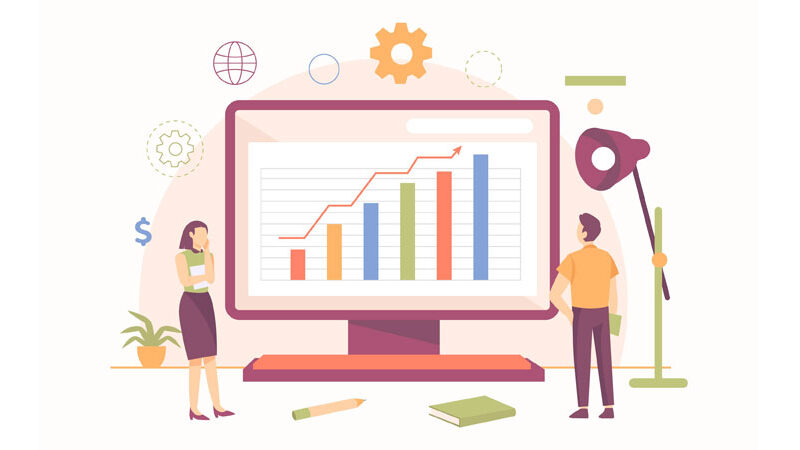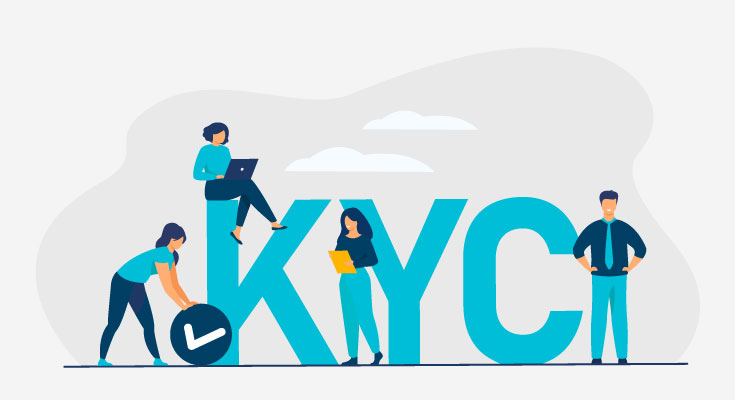Credit cards are used universally and support billions of its users with finances even when they’re running out of funds. Credit card holders around the globe were at 1.12 billion in 2018, which was projected to be more than 1.25 billion by 2023.
Credit card companies lure customers by giving them bumper offers and reasonable discounts that attract more buyers. After all the convenience brought upon by these cards, having a credit card has become a necessity for some, while the ones who aren’t eligible for it hope to have it one day.
Since the credit card market has spread vividly, the rising number of users also brings more negative impacts to society i.e. credit card scams. In this blog, we will discuss-
- What is a credit card scam?
- Why do Credit Card Frauds Persist?
- What are the types of credit card scams?
- How to detect Credit Card Fraud?
- What are the precautions to be under consideration?
What is a credit card scam?
The definition of a credit card scam, according to experts, is an illegal activity that defrauds the credit card holder. The purpose of stealing could be to purchase goods but without the card holder’s permission, or to transfer money to third-party unauthorized accounts.
For instance, assume that:
- You are a credit card holder
- You frequently swipe your card at a gas station, withdraw money from an ATM, or make an online transfer.
- When undertaking these activities, the types of scams that coincide with these activities are skimming/ claims for overpayment, theft of credit card/cloning and hacking emails, calling for card and account information, donations, and luring with gifts and prizes.
- The consequences of such an event often leads to monetary losses.
For the last few months, numerous frauds have been taking place. As a result, many of us have seen commercial advertisements creating awareness among citizens. Still, there are plenty of cases ongoing and cardholders are getting cloned by scammers.
We are projecting this blog for awareness purposes, hoping that this ultimately helps you identify a scam before it’s too late. If in any case your card was wrongly used by a fraudster, the first and foremost thing to do is to intimate the bank and file a report to block the card.
Why Credit Card Frauds Persist?
Since the COVID pandemic has shifted trends in buying and selling of goods, the online presence of fraudulent activities has accelerated since then. This rapid change affected the structure of the market and hence this crack started forming. As a result, the bulk of cases reported on credit card frauds and swindlers’ activities ruin the actual cardholder’s credibility.
The sad part is, money once gone cannot be reversed into the accounts even when the scammer is arrested. Some studies show that credit card frauds are increasing at an alarming rate; it justifies that even if credit card holders are aware of the situation, the con artist will get to them in advanced and innovative ways.
Note: The Federal Trade Commission is the one responsible for looking after card fraud.
What are the types of credit card frauds?
Currently, 10 types of credit card frauds have been noticed recurrently. The brief information on it is as under:
- Card Stealing: In most cases, stealing cards is a scammer’s first aim. The chances of your card getting stolen are high. Once it is possessed by a swindler, they can and will misuse it.
- Email Hacking: Banks usually contact their customers via email and SMS. These scammers work in patterns; with the help of hackers, they try to hack the holder’s email in hopes of tricking the cardholder. Now the question is how do they access the email addresses attached to their accounts? It is easy to outsource details like email addresses, and hacker’s device programs and softwares can easily find them.
- Asking for Personal Info on Call: In some cases, fraudsters call the targeted person and attract them with coupons and gifts. In exchange, they try to get the recipient to open up and share their personal information including card details.
- Credentials and Bank Details: Whenever a call seeks your credentials and bank details, verifying the caller should be your first priority. Such calls abruptly reveal themselves as frauds in most scenarios. Hence, it is always advised to stay alert and never trust anyone blindly.
- Phishing Scam: This is a popular and common scam that takes place via email and SMS. It seems surreal but more often than not, no one can find any errors or conclude that it’s a scam. In this email, one unauthorized link is attached and scammers urge you to click on it. The moment you open it and fill it out the way it says- the scammers capture all the data and sometimes even your hard-earned money is debited, making all your efforts go in vain.
- Skimming and Cloning: An Automated Teller Machine (ATM) is targeted to capture the data while the holder swipes the card. Later, the collected data is misused.
- Donation: Donation is a good way of channeling great works for the society but scammers try to take advantage of your emotions by asking for financial help. While dealing with unknown people, pressing you to make donations, take control of your emotions and try to confirm sources before providing them with any details.
- Warning Calls: Scammers try to warn cardholders by stating that they’d impose legal actions against them for not issuing full payments. If we imagine ourselves in that situation, it is a close call before going bankrupt.
- Luring Offers: Scammers lure the holders with great deals and offers that make them share their personal information. These offers may have provoking attributes which force the holders to do as they say.
- Claims of Overpayment: In this scam, swindlers call the holder to inform them about an overpayment on their account. They further reassure that they could process a refund for them. Following their repayment claim, they ask for card details.
How to detect credit card fraud?
Here are the top 5 pointers that can help you detect credit card fraud:
- Remember that it is the responsibility of a cardholder to look after their bank statements and messages periodically. Frequently checking your bank statements will make it easier to notice inappropriate deeds on your account and to ultimately detect credit card fraud.
- Cardholders should maintain a ledger or make notes about their spendings.
- A regular card user should frequently check their credit scores. Federal law grants you one free credit score check throughout a year.
- Cardholders should avoid calls where a person is asking for OTP i.e. One Time Password, card, and account information. No credit card company or bank asks for such information.
- Account holders shouldn’t consider prizes or money transfer requests without an assessment.
What are the precautions to be taken under consideration?
Some of the most effective tips for scam prevention are as under:
- One shouldn’t share their login details and passwords with anyone. It is a big red flag if someone unknown asks you for it.
- Don’t feel hasty while pursuing an online payment. Be patient.
- A mobile wallet is a smart option to safeguard a small amount of money.
- Don’t save your card details on every website that you use to make payments.
- Setting a transfer limit counts as a precautionary measure. If someone tries to hack your account or transact beyond the set limits, the transaction won’t go through.
- One should look out for warning signs or luring schemes that would make your money end up in the wrong hands.
- Avoid clicking on unknown links and messages
- Cardholders should report the scam as soon as they’ve detected it.
Last Words
In the world of EMIs and exclusive discounts, credit cards have become a need. And there is nothing wrong with having one. If you’re a credit cardholder, we’d only suggest staying alert. There are several financial recovery firms that help their clients recover money lost to scammers, you can report to them or to the regional authorities.



